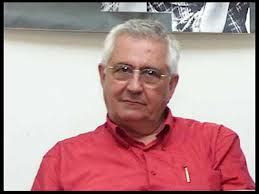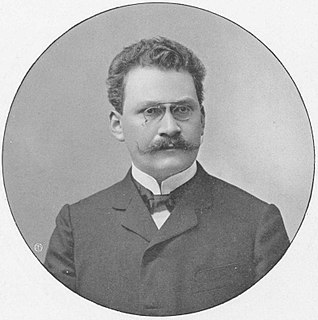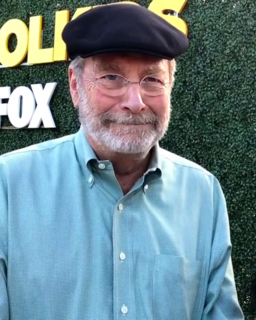A Quote by Matei Calinescu
Kitsch lends itself to a definition in terms of a systematic attempt to fly from daily reality: in time and in space.
Related Quotes
Refuse to think in terms of this or that. All pain needs investigation. The mind is nothing else but the self. Assumption obscures reality without destroying it. All separation, every kind of estrangement and alienation is false..Your being a person is due to the illusion of space and time.The mind creates time and space and takes its own creations for reality.
Kitsch is the daily art of our time, as the vase or the hymn was for earlier generations. For the sensibility it has that arbitrariness and importance which works take on when they are no longer noticeable elements of the environment. In America kitsch is Nature. The Rocky Mountains have resembled fake art for a century.
The basis and firm groundwork of the material, and its primary contribution, lies in the concept that consciousness itself indeed creates matter, that consciousness is not imprisoned by matter but forms it, and that consciousness is not limited or bound by time or space; time and space in your terms being necessary distortions, or adopted conditions, forming a strata for physical existence.
What differentiates time from space is that time does have a direction. In that sense it is different from space. I think that's certainly true that whereas spatial dimensions don't have direction or an arrow, time does. It runs from past to future. But I see that arrow of time as rooted in a deeper metaphysical reality, namely the reality of temporal becoming - of things coming to be and passing away. That is why time has this arrow. But it's not sufficient to simply say that time and space are distinct because time has a direction. The question will be: why does it have a direction?
In our daily lives we attend primarily to that which the senses are spelling out for us: to what the eyes perceive, to what the fingers touch. Reality to us is thinghood , consisting of substances that occupy space; even God is conceived by most of us as a thing. The result of our thinginess is our blindness to all reality that fails to identify itself as a thing, as a matter of fact.
The Protestant reformation was an attempt to recast the Christian faith in terms of the new learning of the 16th century, the enlightenment learning. It was the first time that the Christian church did not have the capacity to keep itself unified as it recast itself, so it split into Protestant and Catholic traditions.
The cosmos exploded, actualizing its potentiality of space and time. The centers of power, like fragments of a bursting bomb, were hurled apart. But each one retained in itself, as a memory and a longing, the single point of the whole; and each mirrored in itself aspects of all the others throughout all the cosmical space and time.
































